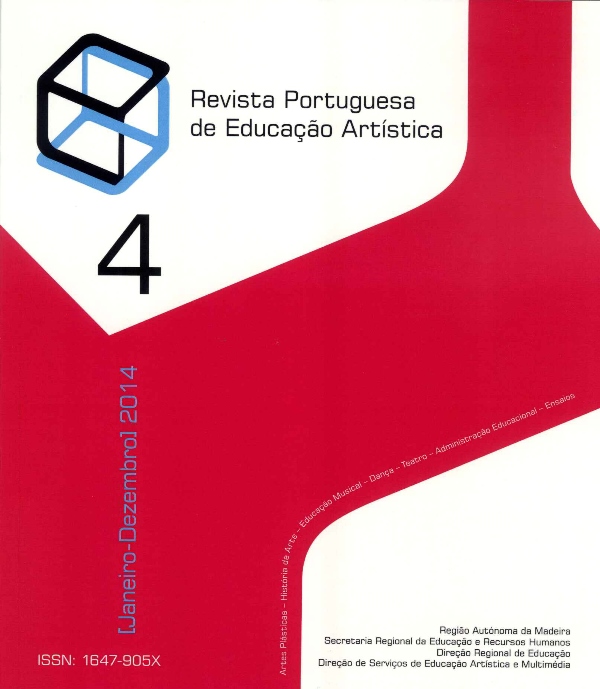Emotional Intelligence, Social Competence and Psychological Traits of Dance University Students and Psychomotor Rehabilitation
DOI:
https://doi.org/10.34639/rpea.v4i1.41Keywords:
Dance, Psychomotor Rehabilitation, Emotional Intelligence, Social Competence, Psychological TraitsAbstract
The purpose of this study was to identify and explore the impact of two disciplines based on body oriented experiences, involving Dance (D) and Psychomotor Rehabilitation (PR) students. The study included 29 students from 1st year graduation in D and PR, before and after the frequency of the two disciplines. The instruments used were a Scale of Emotional Intelligence, a Social Competence Questionnaire and a Psychological Traits Questionnaire. Main results showed: above average levels of emotional intelligence, significant differences between students of D and PR, a decrease in the perception of social competencies, particularly among D students between the first and second assessment moments. The psychological traits preferentially choosen by D students where on the being-sentimental-felt facts axis, whereas PR students preferentially choosed the knowledge-rational-analyze axis. There was an increase in the being-sentimental-felt facts axis at the final assessment moment, both for D and PR students.
Downloads
Published
Issue
Section
License

The work Revista Portuguesa de Educação Artística (Portuguese Journal of Artistic Education) is certified under Licence-Creative Commons Attribution-NonCommercial 4.0 International (CC BY-NC 4.0).




